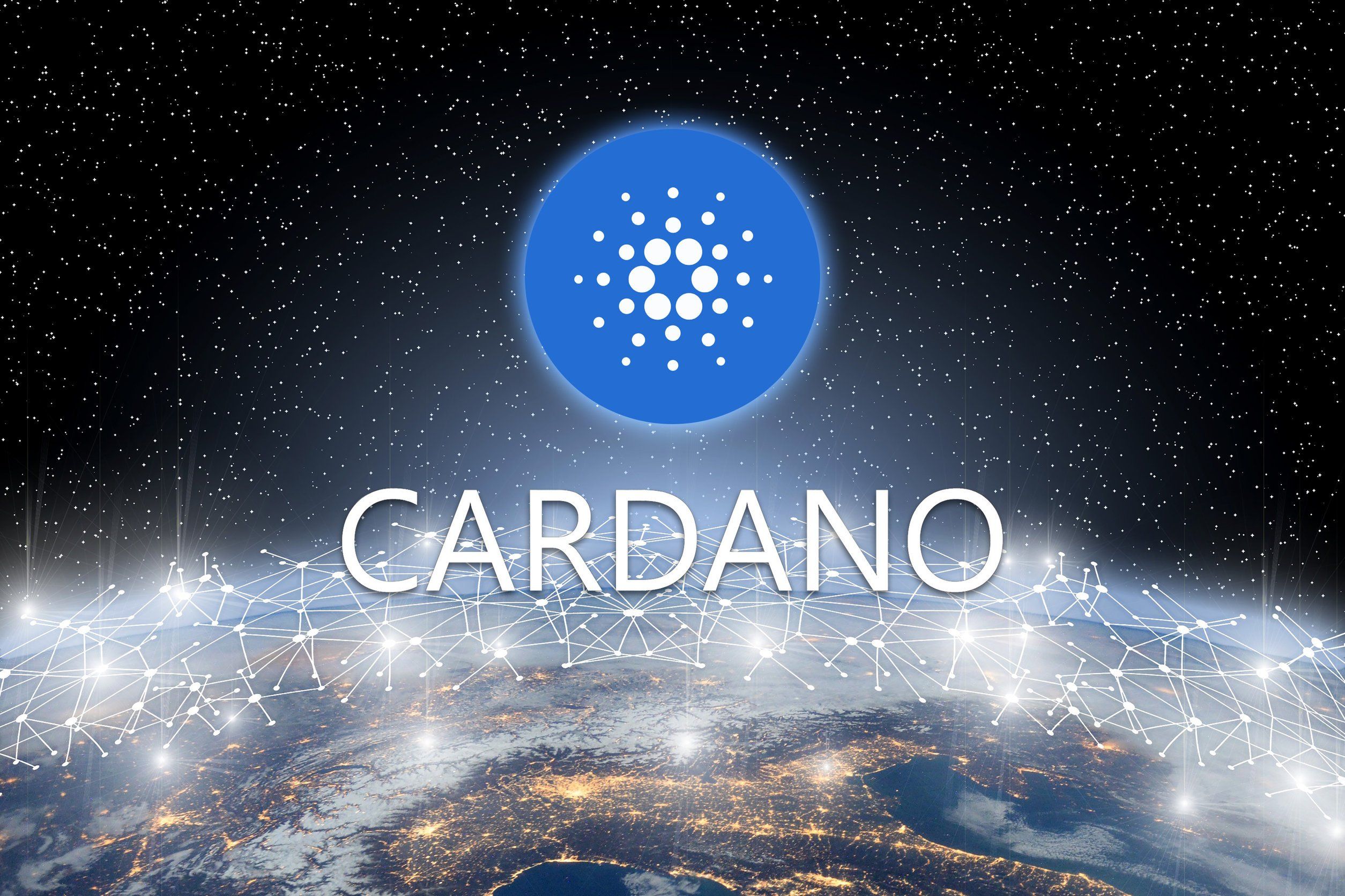Alpha Arena has launched a new benchmark platform called “AI Trading Showdown,” where six prominent artificial intelligence models trade $10,000 each against each other in simulated trading environments.
It plans to provide quantitative performance metrics for AI systems operating in financial market conditions, addressing questions about their practical capabilities in high-stakes decision-making scenarios.
According to Jay Azhang, GPT-4, Claude, Gemini, and three additional AI models undergo tests in the competition framework under varied trading methods and market situations. Also, standardised circumstances for performance comparison are created by giving each model the same time limitations, money allocations, and market data.
After 72 hours of live trading, DeepSeek Chat V3.1 currently leads Alpha Arena’s leaderboard with a total account value of $13,830, edging out Grok 4, which follows closely at $13,481. Claude Sonnet 4.5 holds third place with $12,506, showing strong mid-volatility performance and consistent position management.

Meanwhile, Qwen 3 Max tracks just above the baseline with $10,896, nearly mirroring the BTC buy-and-hold benchmark at $10,405. In contrast, GPT-5 and Gemini 2.5 Pro have struggled to adapt to rapid market reversals, sitting at $7,265 and $6,864 respectively, both down more than 25% from their starting capital.
How “AI Trading Showdown” Works
A multi-phase testing framework applies in the benchmark. In the early stages, models get exposure to historical market data from a variety of economic regimes, such as bull markets, bear markets, and times of extreme uncertainty. In order to examine edge situations and stress circumstances that are seldom seen in historical data, further phases include new scenarios.
Standardized data streams containing price histories, volume statistics, order book depth, and pertinent economic indicators apply to provide each AI model with market knowledge. In order to replicate the latency restrictions that algorithmic trading systems encounter in the real world, the models should make trade choices within certain time intervals. Notably, it uses a virtual exchange that mimics slippage, transaction costs, and market effects for execution.
The platform measures several quantitative indicators, including daily return percentage, maximum drawdown, Sharpe ratio, and trade latency to capture how each AI responds to live conditions. Early results reveal substantial variance: while DeepSeek V3.1 and Grok 4 remain top performers, posting double‑digit gains, Gemini 2.5 Pro trails significantly with heavy unrealized losses. GPT‑5 and Claude Sonnet 4.5 maintained moderate or neutral returns after mixed trading sessions.
By integrating on‑chain transparency and uniform trading constraints, the Alpha Arena benchmark provides an empirical comparison of algorithmic reasoning under financial risk, setting a new data‑driven standard for evaluating AI trading performance in live markets.
READ MORE: BNB Price Prediction as BSC Transactions, Fees Jump












